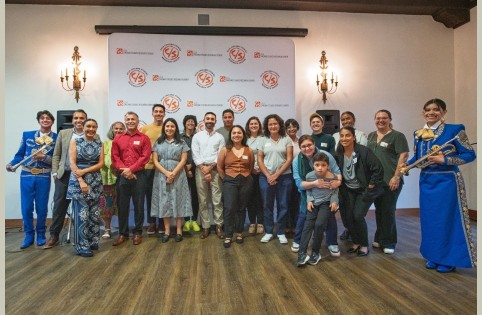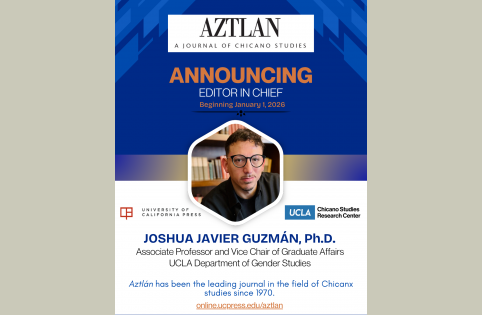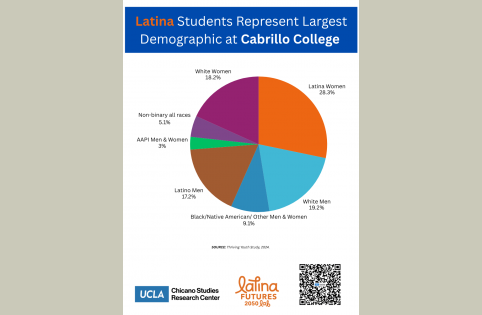Since its founding in 1969, the UCLA Chicano Studies Research Center (CSRC) has played a pivotal role in the development of scholarly research on the U.S. Chicano-Latino population. Our research mission is supported by five distinct components: a library with special collections archive, an academic press, collaborative research projects, public and academic programs, and community-based partnerships.
The CSRC is proud to be a part of the Institute of American Cultures. We actively collaborate with the Institute's three other ethnic studies research centers and other campus units. Groundbreaking projects include:
SUPPORT the CSRC






